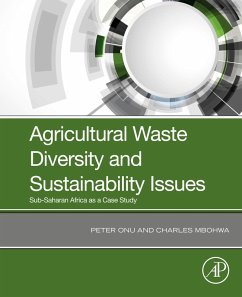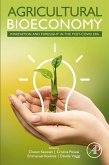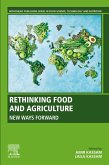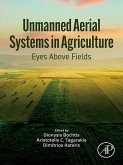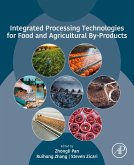Agricultural Waste Diversity and Sustainability Issues: Sub Saharan Africa as Case Study illustrates the use of mathematical models to minimize operational cost in agro-waste management processes and discusses the application of eco-efficiency. Ultimately, the book focuses on the prospect of agro-wastes management and risk associated in the sub-Saharan African region, including Nigeria, Uganda, and South Africa as case studies.
- Captures a solutions-based assessment that redresses the challenges created by a poor biodiversity strategy in Sub-Saharan Africa to meet present needs in SSA and around the world
- Provides foundational information for agricultural diversity, food waste elimination, clean energy production, and technology emergence
- Enables a greater understanding of the state-of-the-art approach for effective biodegradable waste management
- Inspires further research into sustainable and cost-effective biowaste operations, wastes management models, methodologies for utilization and nascent technologies that are capable of bolstering clean energy generation
Dieser Download kann aus rechtlichen Gründen nur mit Rechnungsadresse in A, B, BG, CY, CZ, D, DK, EW, E, FIN, F, GR, HR, H, IRL, I, LT, L, LR, M, NL, PL, P, R, S, SLO, SK ausgeliefert werden.

